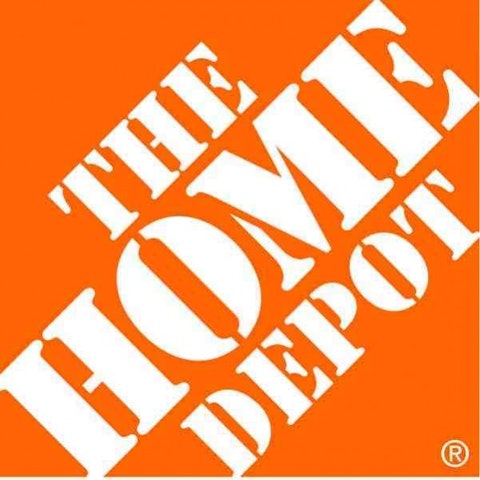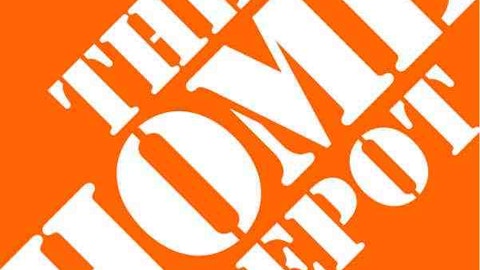The Home Depot, Inc. (NYSE:HD), the biggest home improvement store chain in the country, jumped 6% higher on Feb. 26 after reporting that its fourth-quarter net income rose 32% on the strength of U.S. sales and the cleanup that followed Superstorm Sandy. In addition, rising home sales and consumer confidence also played into the thesis that Home Depot’s business is thriving. Even better, the company raised its dividend by 34% and authorized a $17 billion share-repurchase program. In light of all this, is Home Depot a bargain at its current price?

Earnings per diluted share in fiscal 2012 were $3, compared to $2.47 per diluted share in fiscal 2011, an increase of 21.5% year over year. These results reflect a nonrecurring charge of $0.10 per diluted share. On an adjusted basis, earnings per diluted share in fiscal 2012 were $3.10, representing an increase of 25.5% versus the prior year.
Stronger Performance than its Closest Peer
Fellow home improvement retailer Lowe’s Companies, Inc. (NYSE:LOW) was also higher on the day of Home Depot’s results. Lowe’s shares a similar valuation profile as Home Depot, trading for approximately 22 times its trailing twelve month earnings per share. Lowe’s offers a dividend as well as Home Depot, but the yield on Lowe’s is below 2%, unlikely to lure in many income-oriented equity investors.
Lowe’s released fourth-quarter results of its own the same week as Home Depot. For its part, the company reported diluted earnings per share for the fourth quarter and full fiscal year of $.26 and $1.69, respectively. Full-year sales inched up less than 1% versus 2011. Slow sales growth hasn’t stopped shares of Lowe’s from rallying: the stock is sitting at all-time highs, having increased more than 40% since the beginning of 2012.
Like The Home Depot, Inc. (NYSE:HD), Lowe’s is determined to return the company’s cash flow to shareholders in the form of dividends and share buybacks. For the fiscal year, the company repurchased $4.35 billion or 146 million shares of common stock and paid $704 million in dividends. Furthermore, the Board of Directors has authorized the repurchase of up to $5 billion of the company’s common stock, expected to be completed over the next couple years.
Home Depot’s value proposition
To be fair, The Home Depot, Inc. (NYSE:HD) isn’t a screaming bargain. New investors are paying almost 22 times the stock’s 2012 diluted earnings per share. In addition, even including the massive dividend increase, Home Depot’s dividend yield is currently 2.3% annually, a good rate but not much higher than the yield on the broader market. That being said, Home Depot enjoys much higher sales growth and a bigger dividend yield than its closest competitor Lowe’s.




